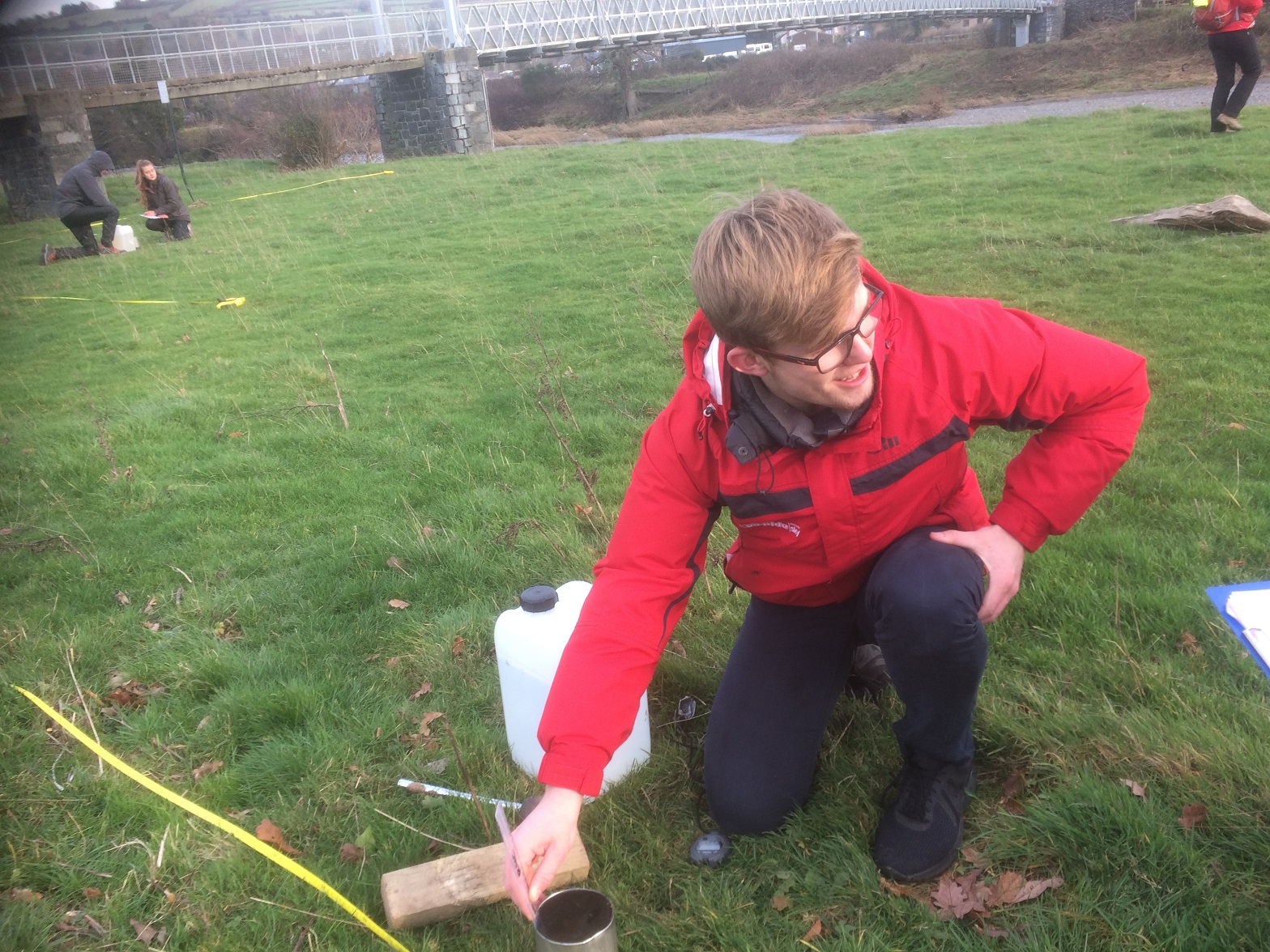
Geography is the integrated study of the earth’s places, peoples, environments and societies. At its core lies the understanding of the relationships and impacts between people and the environment. It is unique in bridging the social sciences (Human Geography) with its understanding of the dynamics of societies, cultures and behaviour, and the earth sciences (Physical Geography) in the understanding of physical landscapes and the dynamics of environmental processes.
Geography puts this understanding of social and physical processes within the essential context of places and regions – recognising the great differences in cultures, political systems, economies, landscapes and environments across the world, and the links between them. As it is a practical subject there is an emphasis on Geographical skills in this specification and students have to complete an individual fieldwork investigation.
Awarding body: AQA
Specification: 7037
Entry Requirements and content of the A Level course
It is possible to take Geography at A Level without having studied it at GCSE. Note: Topics in bold are those which OLA students study
Physical geography
• Water and carbon cycles
• Hot desert environments and their margins
• Coastal systems and landscapes
• Hazards
• Ecosystems under stress
• Cold environments
Human geography
• Global systems and global governance
• Changing places
• Contemporary urban environments
• Population and the environment
• Resource security
Geography Fieldwork Investigation


Geography, other subjects and your future
Geography will complement both Science and Humanities at A Level because of the topics covered. In addition you will learn transferable skills such as collection, analysis and interpretation of data, the application of methodical working techniques, the ability to view problems from a number of angles and some general knowledge of the world. Students who have taken A Level Geography have studied subjects as varied as Biological Sciences, Law, Nursing and Civil Engineering at university and gone onto jobs in sectors such as marketing, teaching, urban planning, law and conservation.
Assessment for the A Level
Component 1
Assesses: Physical Geography from a choice of environments
Written examination for 150 minutes using multiple choice, short answer and extended prose responses
120 marks
40% of the A Level grade
Component 2
Assesses: Human Geography including a choice of topics
Written examination for 150 minutes using multiple choice, short answer and extended prose responses
120 marks
40% of the A Level grade
Component 3
Students complete an individual investigation which must include data collected in the field.
The write-up is to be from 3,000 to 4,000 words. It is marked by teachers and externally moderated.
60 marks
20% of the A Level grade
Preparatory Work for Studying Geography in the Sixth Form
It is recommended that students conduct preparatory reading from the following sources;
Water and Carbon Cycles
Hydrological Summary for the United Kingdom, Centre for Ecology and Hydrology, December 2014
Coastal Systems and Landscapes
Harvey, A. (2012) Introducing Geomorphology: A Guide to Landforms and Processes. Dunedin Academic Press.
Hazards
Bankoff, G. (2015) Culture of Disaster: Society and Natural Hazard in the Philippines (Routledge)
Global Systems and Global Governance
McKinsey Global Institute – Global Flows in a Digital Age
OECD Report – A Global or Semi Global Village? (1990’s to today)
Population and the Environment
‘Climate-Resilient Agriculture: What small-scale producers need to adapt to climate change’
Changing Places
Anderson, J. (2015) Understanding Cultural Geography: Places and Traces (Routledge)

